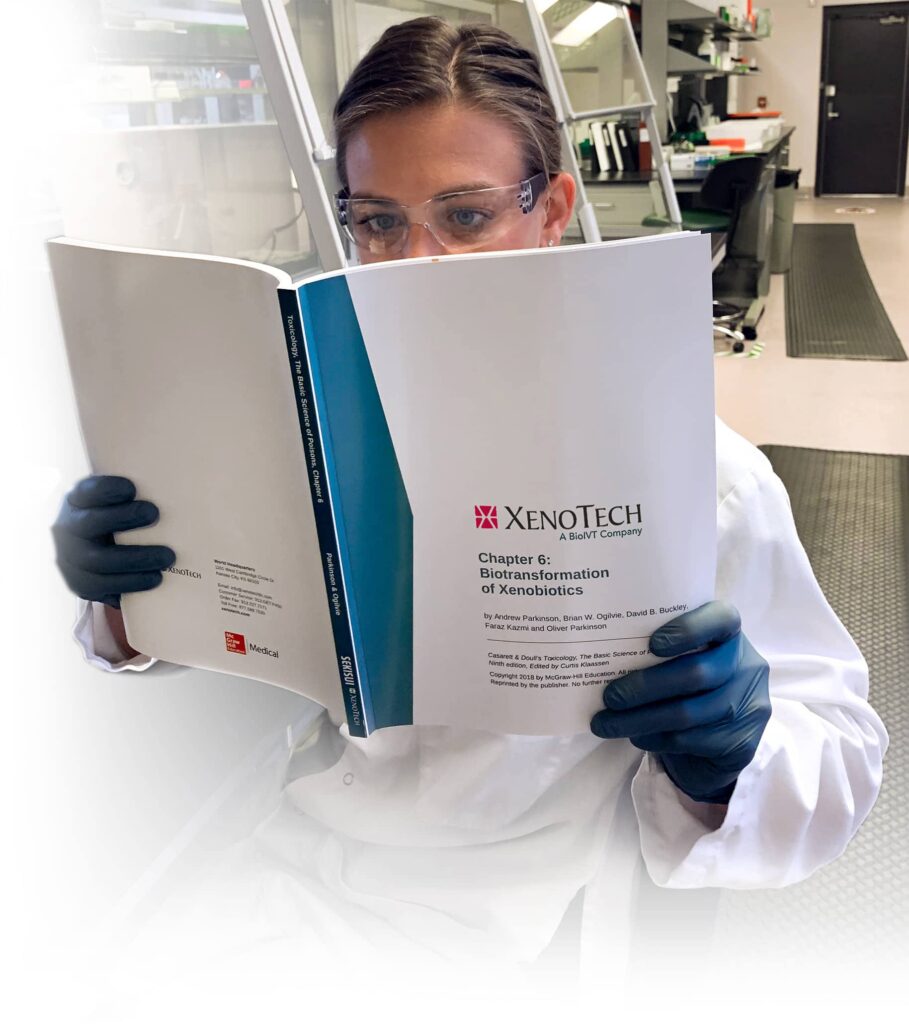
Reactive Metabolite Detection Studies: Cysteine Trapping
Presenter: Miki Fujishima, Manager in Business Development at the Drug Development Solutions Center in Tokai, Japan.
Abstract:
Drug-induced liver injury (DILI) is caused by various mechanisms, so conducting a variety of experiments to form a comprehensive score leads to more accurate risk assessment. Including covalent binding for reactive metabolite detection in this approach greatly improves selectivity and specificity, however, that requires a radioisotope-labeled test article, making it unsuitable for early stage development. Glutathione (GSH) trapping is often conducted in its place, but that can be costly with lower throughput or less quantitativity, depending on the trapping agent.
The cysteine trapping study developed by our partner, the Drug Development Solutions Center (DDSC), is more quantitative with higher throughput and lower cost. Listen to a DDSC expert discuss:
- The relation between DILI and reactive metabolites
- Evaluating reactive metabolites
- A relevant case study
- A comparison of different GSH and cysteine trapping evaluation methods
- Their cysteine trapping study design and assay procedure
- Comparative data
Download Slides (including transcript in the comments)
About the Presenter:
Miki Fujishima is an Assistant Manager in the Business Development department at the Drug Development Solutions Center in Tokai, Japan. In this role, she facilitates ADME solutions for clients and works closely with research & development scientists to develop and improve assays relating to liver toxicity. Miki received her master’s degree in Drug Metabolism and Molecular Toxicology from Tokyo University of Pharmacy and Life Sciences in 2007. She joined the Drug Development Solutions Center in 2007, helping to establish Drug Transporter study offerings performed at both the Tokai facility and XenoTech. She moved on to specialize in DMPK test systems, including hepatocytes and subcellular fractions, and finally to her current position assisting clients in their assessment of Hepatotoxicity.